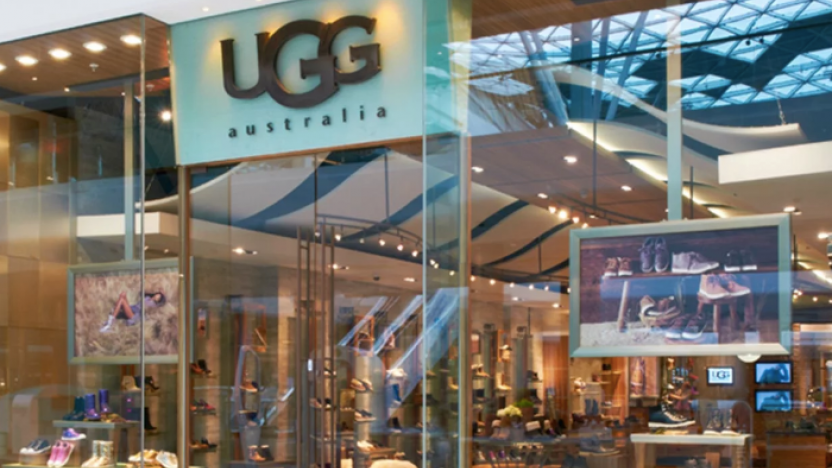Uggs and the battle against trademark genericism

A US court ruled this month that ‘ugg’ is not a generic term to describe the popular slouchy sheepskin boots, clearing the way for the brand owner, Deckers Outdoor Corporation, to pursue its trademark and design infringement actions against a rival manufacturer.
While many marketers admire the success of brands such as ‘google’ in becoming part of everyday speak, trademark practitioners routinely caution brand owners against using brand names as nouns or verbs for risk that they might become generic terms.
As a general rule, once a brand name becomes accepted as a common description of the type of goods or services to which the mark is applied, then it will no longer function as a ‘guarantee of origin’, and may be liable to revocation. This is far from ideal for the brand’s owner, which will have invested substantially in the creation and growth of that brand name.
Understandably, brand owners are keen not to fall foul of genericide, as the attempt by Velcro Brand Companies ‘to clear a few things up about using the VELCRO® trademark correctly’ in this funny and educational video attests.
Avoiding genericide
As part of the recent dispute between UGG (Deckers) and Australian Leather, the US District Court for the Northern District of Illinois considered sales evidence, testimony by both Australian and US boot retailers, and the results of a survey conducted by Deckers on US customer perceptions to conclude that ‘ugg’ is not a generic term in the US.
The case highlights once again the need for owners of successful brands to protect their trademarks to ensure the protected terms do not become generic.
When does a brand name stop being a brand name?
In theory, it would have to take overwhelming use of a really famous mark such as ‘google’ as a verb (or noun) for there to be any significant risk of it becoming sufficiently generic to be deemed to no longer function as a trademark, so linked is the term to the Google search engine.
The more significant risk is for newer, lesser-known marks; i.e. brands such as UGG which have grown rapidly, including expanding into new markets where copycat brands may already be in place. In other words, brand names where the consumer is yet to be ‘educated’ that the term is intended to guarantee that the relevant goods or services originate from a specific company.
Until that link is achieved, brand owners are encouraged to use their marks correctly (i.e. avoid using trademarks as a verb or a noun) and to monitor use of their trademarks externally (e.g. for ‘incorrect’ use in the formal marketing materials of other vendors, licensees and business partners). Companies that fail to do this could find that they have put their goodwill, trademarks and brand equity unnecessarily at risk.
For more on genericide and trademark protection in general, speak to your Novagraaf attorney or contact us below.